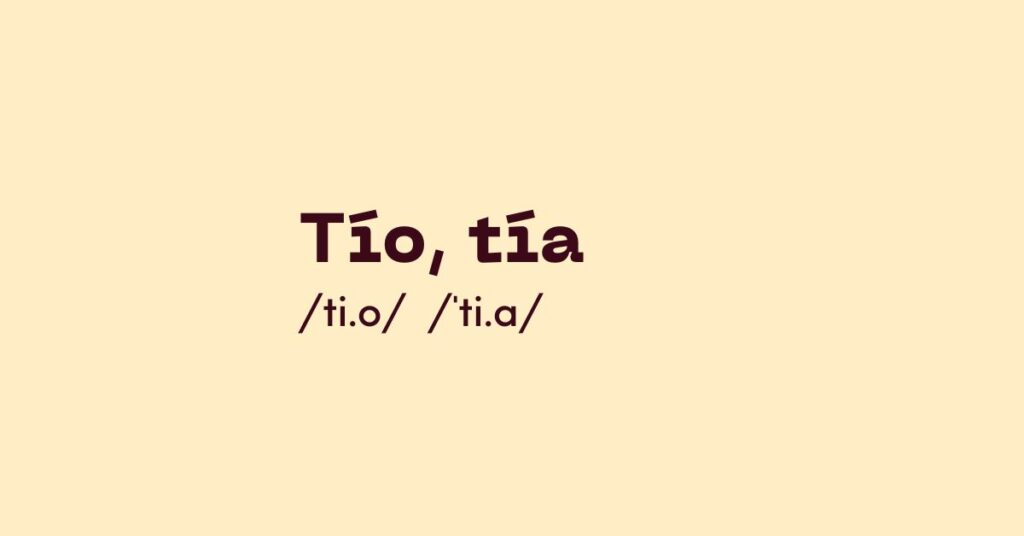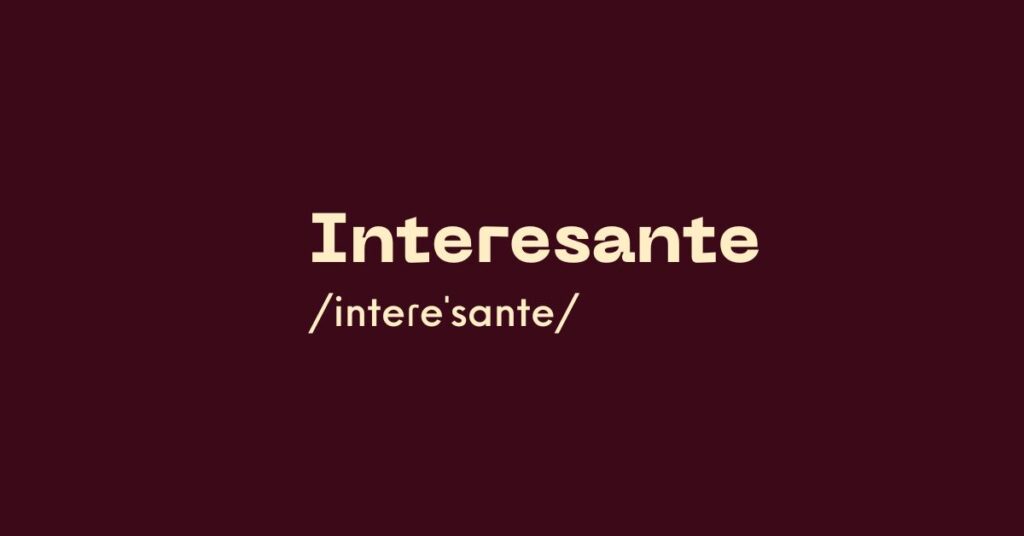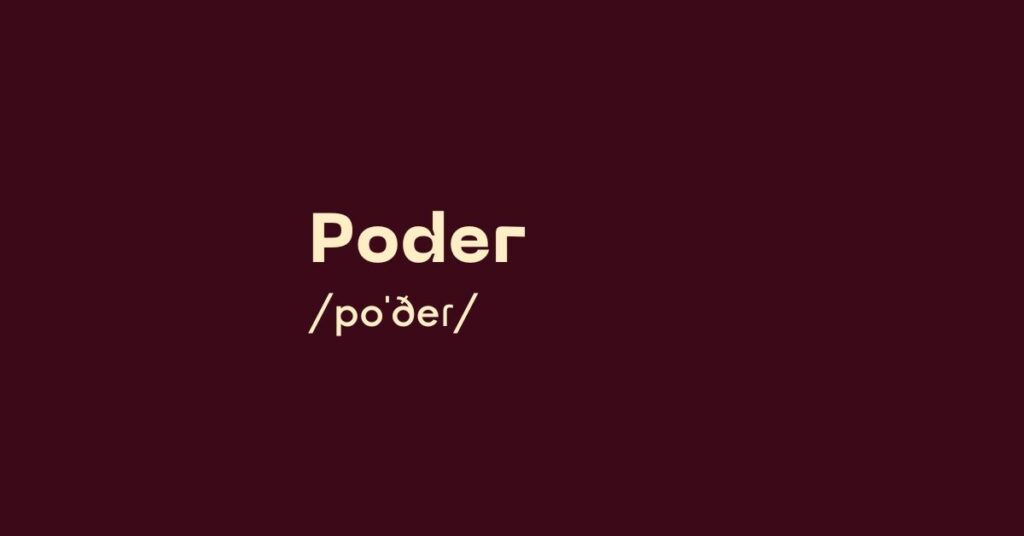Tío, Tía
Today’s Spanish word of the day is a two for one: “tío” and “tía”. “Tío” means “uncle”, and “tía” means “aunt”. The plural “tíos” would normally translate as “aunts and uncles”, unless you’ve specified previously that you’re only talking about uncles. While they literally mean “uncle” and “aunt”, in Spain the words “tío” and “tía” […]









